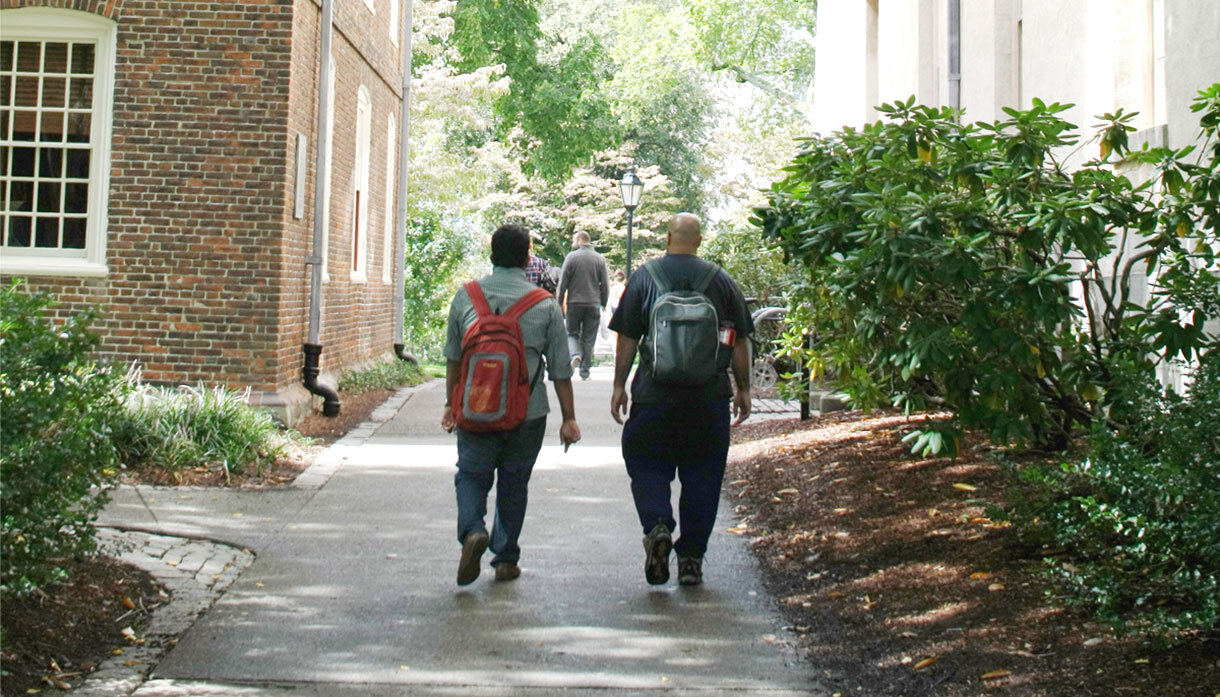Brown has a long-standing commitment to cultivating and sustaining an inclusive environment for all members of our increasingly diverse community. Pathways to Diversity and Inclusion: An Action Plan for Brown University builds on the University's history of action in confronting racism, discrimination and non-inclusion.
In alignment with this commitment, as our 100,000+ Brown alumni community grows it is imperative that programming and opportunities are developed that reflect, embrace, and honor the identities and experiences of the entire alumni community.
To lay the foundation for achieving this, the Brown Alumni Association (BAA) has developed a statement of commitment with six long-term strategic goals that will guide the work of the BAA and the Office of Alumni Relations in the evolution of alumni engagement programs.
